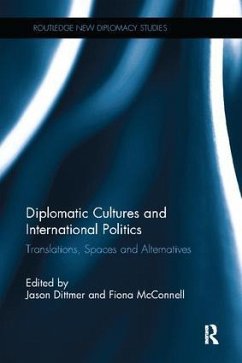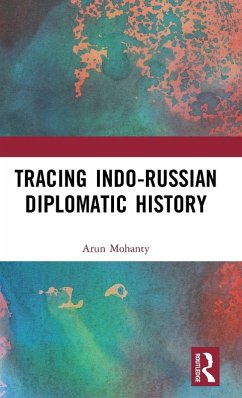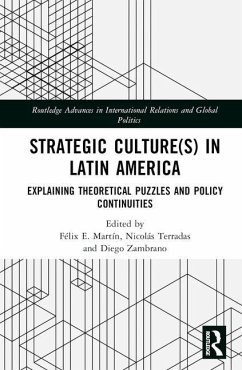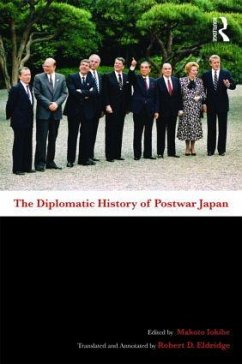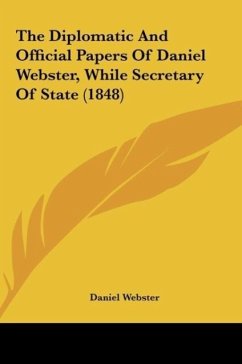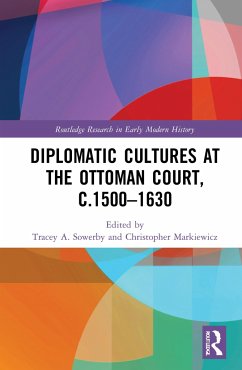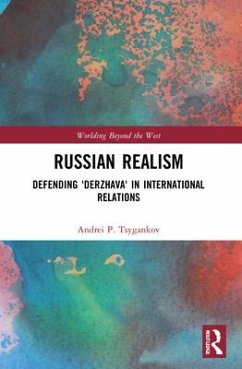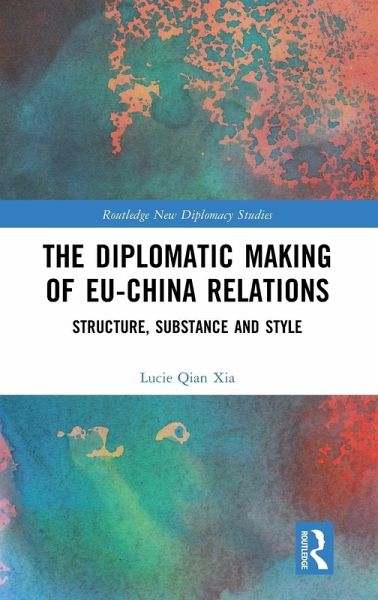
The Diplomatic Making of EU-China Relations
Structure, Substance and Style
Versandkostenfrei!
Versandfertig in 6-10 Tagen
154,99 €
inkl. MwSt.
Weitere Ausgaben:

PAYBACK Punkte
77 °P sammeln!
This book provides a novel theoretical framework to understand EU-China diplomatic relations.The existing scholarly literature on EU-China relations is characterised by a dichotomous distinction between material and ideational factors and overemphasises the 'interest versus value' motif undergirding EU-China relations. The diplomacy and future direction of the relationship seem as opaque as their extent remains incalculably complex. This book takes us beyond binary motives by introducing a novel theoretical model of diplomatic relationship-building that brings to the fore the more nuanced and ...
This book provides a novel theoretical framework to understand EU-China diplomatic relations.
The existing scholarly literature on EU-China relations is characterised by a dichotomous distinction between material and ideational factors and overemphasises the 'interest versus value' motif undergirding EU-China relations. The diplomacy and future direction of the relationship seem as opaque as their extent remains incalculably complex. This book takes us beyond binary motives by introducing a novel theoretical model of diplomatic relationship-building that brings to the fore the more nuanced and latent factors to make sense of EU-China diplomatic relationship-building; the new theory captures the 'relational' nature of diplomatic relationship-building by integrating the social layer of 'intentions' in understanding international diplomacy. This study further sheds light on the opportunities and challenges in enhancing EU-China relations, through a comparative in-depth investigation of the processes, practices and politics of EU-China climate change and agricultural-trade relations over the past two decades. The book draws on a rich collection of original data, encompassing over 100 interviews with stakeholders of EU-China relations conducted from 2015-2023; strengthened by participant observation at EU and Chinese institutional headquarters and in diplomatic fora that has taken place over the past ten years. Enriching these data are newly disclosed official minutes and documentation regarding EU-China negotiations and cooperation.
This book will be of much interest to students of diplomacy studies, Chinese politics, EU politics and international relations in general.
The existing scholarly literature on EU-China relations is characterised by a dichotomous distinction between material and ideational factors and overemphasises the 'interest versus value' motif undergirding EU-China relations. The diplomacy and future direction of the relationship seem as opaque as their extent remains incalculably complex. This book takes us beyond binary motives by introducing a novel theoretical model of diplomatic relationship-building that brings to the fore the more nuanced and latent factors to make sense of EU-China diplomatic relationship-building; the new theory captures the 'relational' nature of diplomatic relationship-building by integrating the social layer of 'intentions' in understanding international diplomacy. This study further sheds light on the opportunities and challenges in enhancing EU-China relations, through a comparative in-depth investigation of the processes, practices and politics of EU-China climate change and agricultural-trade relations over the past two decades. The book draws on a rich collection of original data, encompassing over 100 interviews with stakeholders of EU-China relations conducted from 2015-2023; strengthened by participant observation at EU and Chinese institutional headquarters and in diplomatic fora that has taken place over the past ten years. Enriching these data are newly disclosed official minutes and documentation regarding EU-China negotiations and cooperation.
This book will be of much interest to students of diplomacy studies, Chinese politics, EU politics and international relations in general.





